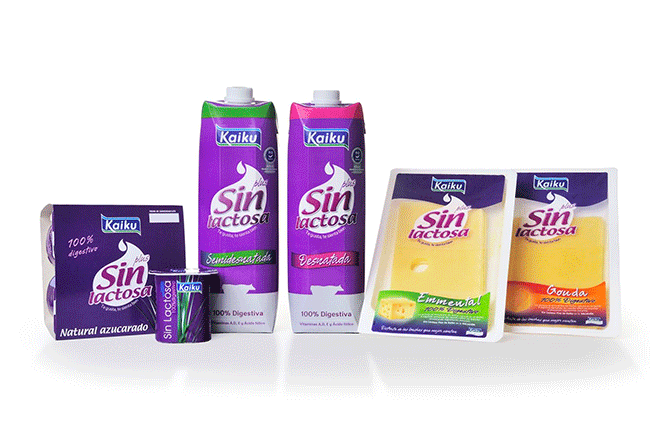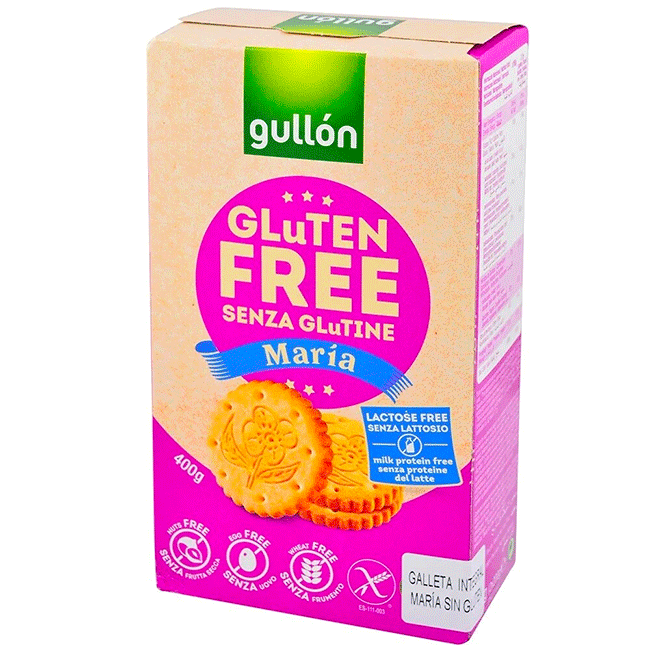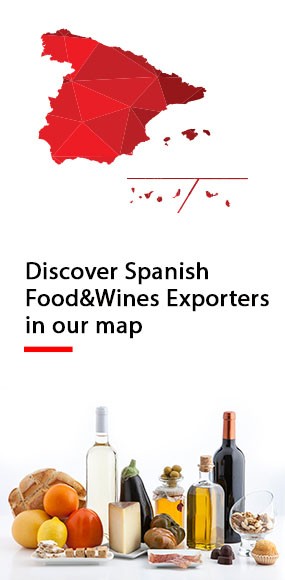.png.transform/rendition-xs/image_image%20(1).png)
There Is Such A Thing As “Free Food” from Spain
Spain has lately become a major player in the growing global market for gluten-free, sugar-free, and lactose-free alternatives to traditional dairy products, baked goods and sweet snacks.
The Mediterranean diet is naturally low in gluten and sugar. There is fundamentally healthy eating in its fresh meats, fish, fruits, and vegetables, whole grains and legumes, nuts, seeds, and olive oil. But this does not make Spaniards are immune to the appeal of modern processed foods, or the negative health effects of certain ingredients and additives. Researchers estimate that at least half a million people in Spain suffer from celiac disease – a large proportion of them still undiagnosed – while 34% of the population has some degree of lactose intolerance.
As recently as a decade ago, such consumers would have to seek out pricey alternatives to dairy or wheat-based products at herbalists and health food stores, and many of those products were imported from countries much further along in catering to that market. These days, however, Spain’s lactose-free sector is growing faster than in any European nation except Italy, at almost 30% a year, with local producers filling entire specialized aisles of major supermarket chains and exporting or even manufacturing some of their most popular wares overseas.

Kaiku, for example, a San Sebastián-based corporation formed in 2004, has since grown into a giant with its huge-selling lines of lactose-free milk, yoghurt, desserts, ready-to-drink cafe lattes and the like. General director Xabier Aristi has described Kaiku’s approach, and success, as “exhanging old euros for new euros”, attracting a hefty share of consumer spending away from the “classic” milk market, while also working closely with traditional cattle ranchers across the Basque Country, Navarra and La Rioja, many of whom own shares in the company.
The brand has also expanded to make partnerships with livestock cooperatives and sustainable farms as close by as Tunisia and as far away as Chile, where the local subsidiary Surlat has invested in new production plants and cheese factories. Some 55% of Kaiku sales are now generated beyond Spanish borders.
Gluten-free products
Gluten-free products, meanwhile, “have gone from being something strange to being almost fashionable,” says Blanca Esteban, head of Food Safety for Spain’s Association of Celiacs and the Gluten Sensitive. According to Esteban, a growing awareness of the digestive problems linked to wheat and corn starches has seen an increased demand for alternatives, even from consumers without a physical intolerance. This, in turn, has helped “normalise” the lives of those with celiac disease, from food shopping to dining out, and even within education. “It is now mandatory for Spanish schools to offer a menu without gluten if a celiac student demands it.”
As in other countries, there is still some way to go in terms of understanding the risks. While more restaurants now also provide gluten-free options, owners don’t always appreciate how easily cross-contamination can occur when handling the food in the kitchen. But Esteban remains impressed by how quickly and readily Spanish brands have risen to the challenge, listing names like Adpan, Airos, Aserceli, Beiker, Manacel, Sinblat, and Proceli as favourites among celiacs across Europe for their gluten-free bread, pasta, pastries, and even classic Spanish churros made to a “safe” recipe (most use corn or rice-based flour instead of wheat.)

Certain older brands have been well ahead of the curve, and perhaps none more so than the venerable Gullón. Founded in 1892 as the first company in Spain to start making English-style biscuits, it’s now a massive enterprise with landmark automated factories and an annual turnover of over €340 million. While the look and flavour of its original-recipe galletas are iconic on the Iberian peninsula, the company launched its first “health biscuit” as long ago as 1979.
“We’ve always been very sensitive to the needs of consumers on healthy eating,” says Javier Urbón, director of Institutional Relations, adding that Gullón allocates 2% of its turnover to research and development, which helped the company anticipate these current trends at least a decade ago. Gullón had gluten-free cookies on the shelves in 2011, and now offers sugar, lactose, and allergen-free variations. Being pioneers of the “healthy cookie”, says Urbón, has secured Gullón a 35% of the market share within Spain and draw some 40% of its profits from strong export sales across Western Europe, North Africa, China and the US.
The Gullón stamp on these cookies is “added value”, as he puts it, but none of this would have been possible if eating them felt like a chore, or a poor substitute, for less “healthy” equivalents. That’s the big difference in Spain’s booming present-day market for “free food”. “The quality and taste of these products have improved greatly,” says Blanca Esteban.
Text: Stephen Phelan

